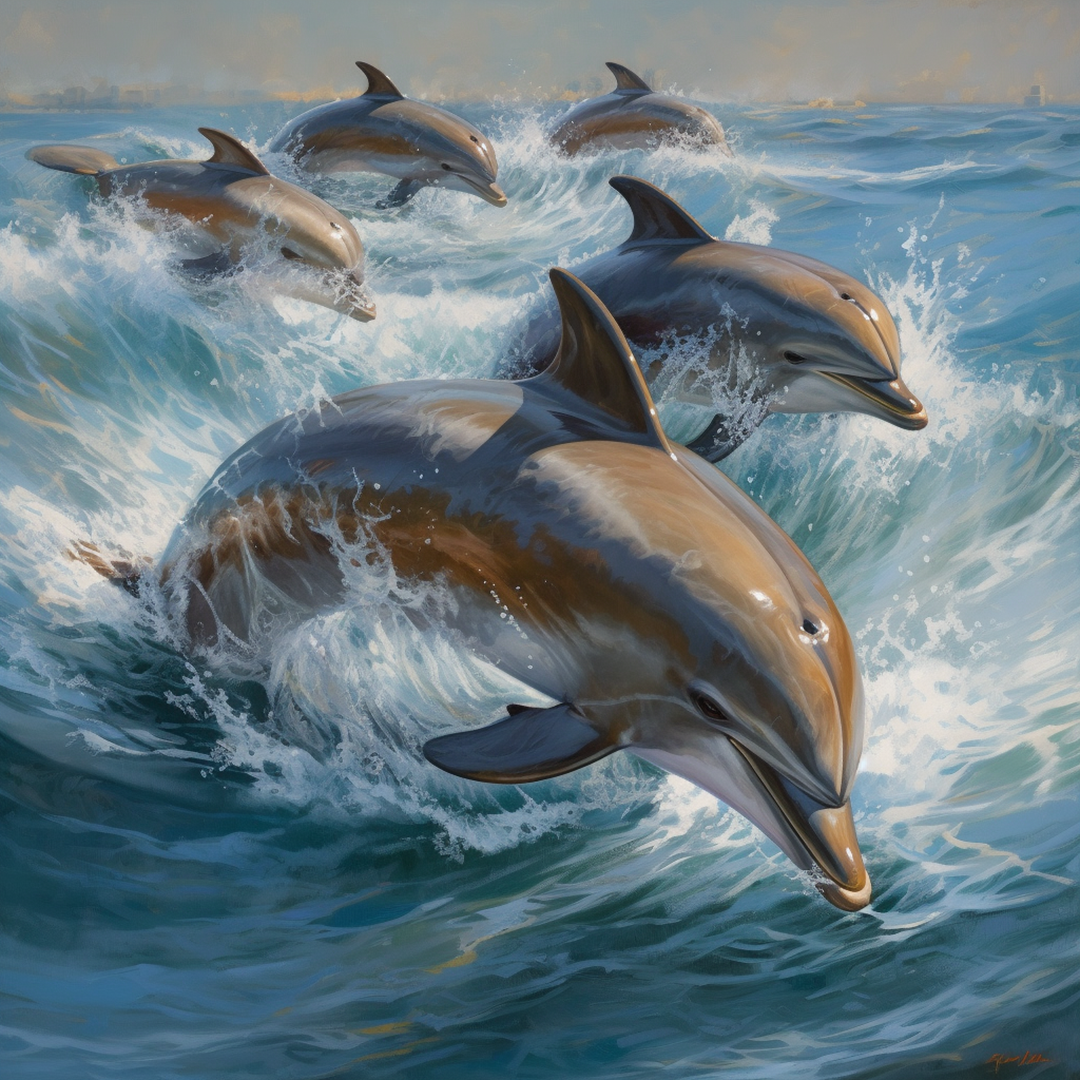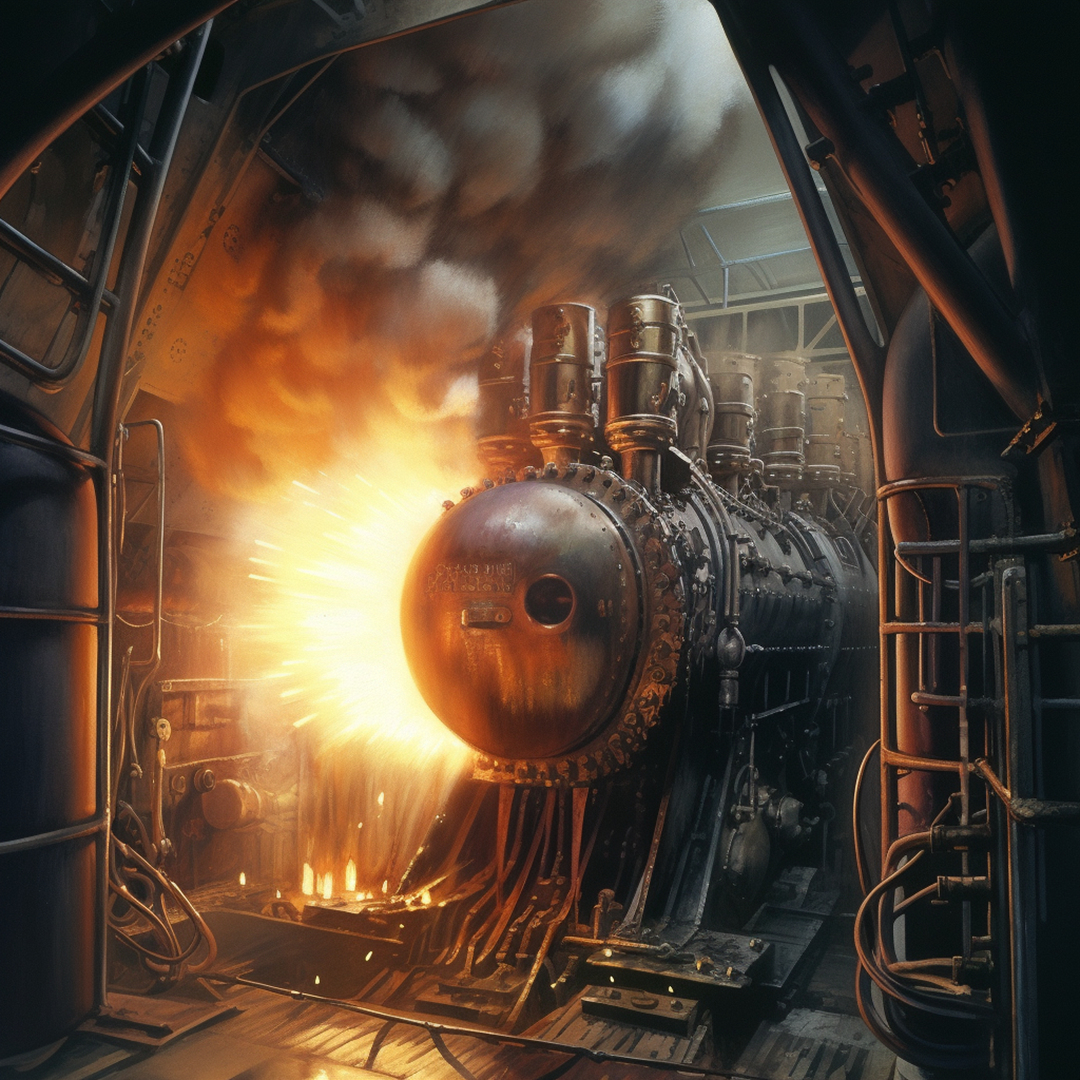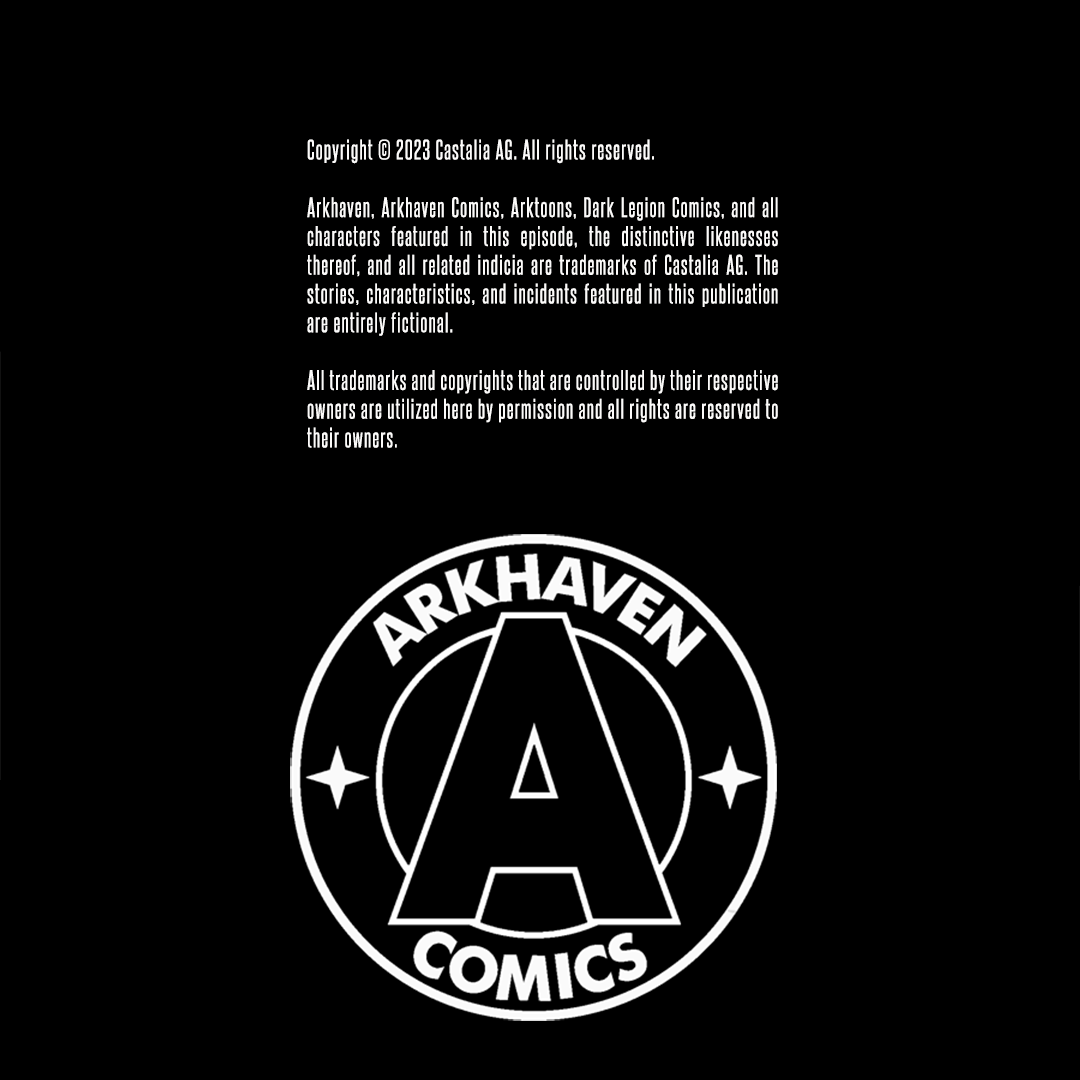On June 20, Seamen Bohm and Schmidt, who had been ill the day before, became violently insane. I regretted that no physician was included in our complement of officers, since German lives are precious; but the constant ravings of the two concerning a terrible curse were most subversive of discipline, so drastic steps were taken. The crew accepted the event in a sullen fashion, but it seemed to quiet Müller; who thereafter gave us no trouble. In the evening we released him, and he went about his duties silently.
In the week that followed we were all very nervous, watching for the Dacia. The tension was aggravated by the disappearance of Müller and Zimmer, who undoubtedly committed suicide as a result of the fears which had seemed to harass them, though they were not observed in the act of jumping overboard. I was rather glad to be rid of Müller, for even his silence had unfavourably affected the crew. Everyone seemed inclined to be silent now, as though holding a secret fear. Many were ill, but none made a disturbance. Lieut. Klenze chafed under the strain, and was annoyed by the merest trifles—such as the school of dolphins which gathered about the U-29 in increasing numbers, and the growing intensity of that southward current which was not on our chart.
It at length became apparent that we had missed the Dacia altogether. Such failures are not uncommon, and we were more pleased than disappointed; since our return to Wilhelmshaven was now in order. At noon June 28 we turned northeastward, and despite some rather comical entanglements with the unusual masses of dolphins were soon under way.

The explosion in the engine room at 2 P.M. was wholly a surprise. No defect in the machinery or carelessness in the men had been noticed, yet without warning the ship was racked from end to end with a colossal shock. Lieut. Klenze hurried to the engine room, finding the fuel-tank and most of the mechanism shattered, and Engineers Raabe and Schneider instantly killed. Our situation had suddenly become grave indeed; for though the chemical air regenerators were intact, and though we could use the devices for raising and submerging the ship and opening the hatches as long as compressed air and storage batteries might hold out, we were powerless to propel or guide the submarine. To seek rescue in the lifeboats would be to deliver ourselves into the hands of enemies unreasonably embittered against our great German nation, and our wireless had failed ever since the Victory affair to put us in touch with a fellow U-boat of the Imperial Navy.

From the hour of the accident till July 2 we drifted constantly to the south, almost without plans and encountering no vessel. Dolphins still encircled the U-29, a somewhat remarkable circumstance considering the distance we had covered.







































